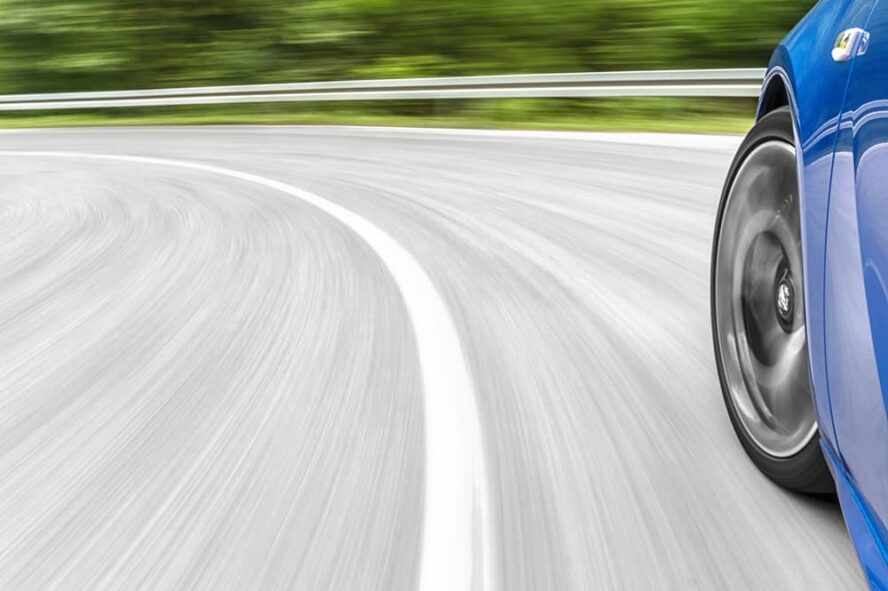
The pressure from their hands causes the wheel to move and squeak.
CAR CREAKS WHEN DRIVING DRIVER
In most cases, it is because the driver has been gripping the wheel too tight. One of the most common reasons for this is the steering wheel worn out or loose. It is common for steering wheels clunk noise when driving.

CAR CREAKS WHEN DRIVING PROFESSIONAL
If you need to replace your shock absorbers, it’s best to have a professional do it for you. You can either replace them, repair them or try to reduce the noise by adjusting them. Vibration in the steering wheel at high speedsįixing squeaky shocks can be done in three ways.the car bounces up and down after passing over a bump.front end rises too much when accelerating.the car sways when cornering, accelerating, or braking.The most common signs of worn shock absorbers include: This is because the rubber bushings that protect the shocks have worn out or broken. When shock absorbers start to fail, you may hear a squeaking sound when driving over speed bumps. If your vehicle is past this point, your shocks are likely worn out. Shock absorbers generally have a life of around 50,000 miles or about five years. These progressive dampers are also called struts, Macpherson struts, or gas springs. Shock absorbers are an essential part of your vehicle’s suspension system as they help reduce vibrations and maintain tyre contact on uneven surfaces. It could simply be time for new brake pads altogether. When you’re checking brake pads, look for any sign of damage or wear around the edges of either side of the brake pads. When they meet the rotor, they produce a high-pitched squealing noise as an indication that it is time to change the brake pads.

Moreover, most Brake pads have wear indicators, which are made up of metal tabs attached to the brake pad that contact the brake rotor. If they’re worn down too much, they may start to vibe Brake pads have a metal connector that rotates against the brake disc when you press on your brake pedal. If you hear a grinding or squeaking noise from your brakes, it could be a sign that they need changing. And this could be the reason why they’re squeaking when you drive. If you’ve driven a lot of miles or been driving in poor weather recently, your tires will likely be more worn down than usual. So, it’s wise to get this checked out as soon as possible.Īdditionally, the tread on your tires is designed to keep them gripping the road – even in wet conditions. The rubber on your tyres is also more likely to wear down if your wheels aren’t aligned correctly. When your tyres aren’t aligned properly, they can meet the body of your vehicle – causing them to make a lot of noise. It usually occurs when there’s an issue with your suspension or wheel alignment. Noisy TyresĪ high-pitched squeak while driving can mean your tires are contacting the body of the car. If you hear your car squeaking when driving, here are some of the most common reasons: 1. This helps you decide whether the car requires an urgent repair and enables you to prioritise a maintenance check accordingly. Knowing what’s wrong under the hood will aid you in diagnosing the problem yourself. Some are relatively simple fixes while others could require a complete overhaul of your braking system.

When your car is making a squeaking noise while driving, there could be several different causes. Reasons Why Your Car Squeaks When Driving 1 Reasons Why Your Car Squeaks When Driving.


 0 kommentar(er)
0 kommentar(er)
